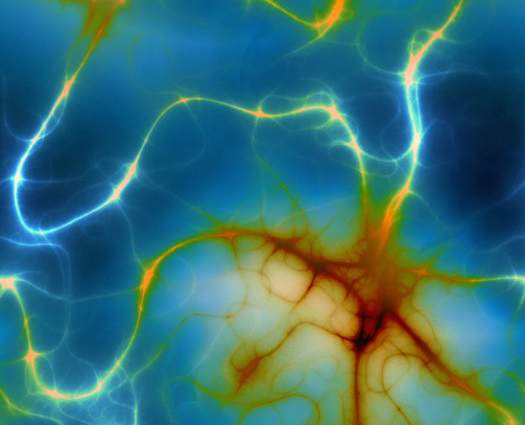Researchers Chemically Control A Mouse’s Mind For Science
The first results from Obama’s BRAIN initiative

One minute the mouse was starving, and the next it turned away from its food, leaving it untouched. Its sudden bursts of activity were counteracted with just as sudden bouts of lethargy. This mouse was acting strange, and it wasn’t by accident–it was because scientists made it behave that way.
The mind-controlled rodent is among the first results from President Obama’s 2013 BRAIN initiative, published today in the journal Neuron.
Researchers from the University of North Carolina, Chapel Hill and the National Institutes of Health have created a chemical tool that can turn certain neuron receptors on and off. As fun as it may be to control mouse brains, the researchers plan to use this tool to better understand how neural receptors affect one another, hopefully leading to improved treatments for diseases such as schizophrenia, depression, Alzheimer’s, Parkinson’s, and epilepsy.
This research is a culmination of work done over the past decade targeting similar receptors, which the scientists named DREADDs–Designer Receptor Exclusively Activated by a Designer Drug. To make these specialized receptors, they use a virus to genetically alter the mice’s neurons so that only certain receptors are expressed, and the neurons only fire if particular molecules are present.
In the past, each neuron had only one receptor that could turn the neuron on or off, but not both. In this experiment, researchers engineered mice to have two related receptors on their neurons. These two receptors happen to control the mouse’s activity level and hunger. Injecting one chemical makes the mice act like they’re starving; injecting another makes them frenzied and frantic, as if they’re on cocaine or amphetamines.
The researchers say these tests have validated their two-receptor tool, so they can now use it to better understand various neurological conditions. “This new chemogenetic tool will show us how brain circuits can be more effectively targeted to treat human disease,” said Bryan Roth, a professor of pharmacology UNC School of Medicine, in a statement. “The problem facing medical science is that although most approved drugs target these brain receptors, it remains unclear how to selectively modulate specific kinds of receptors to effectively treat disease.”